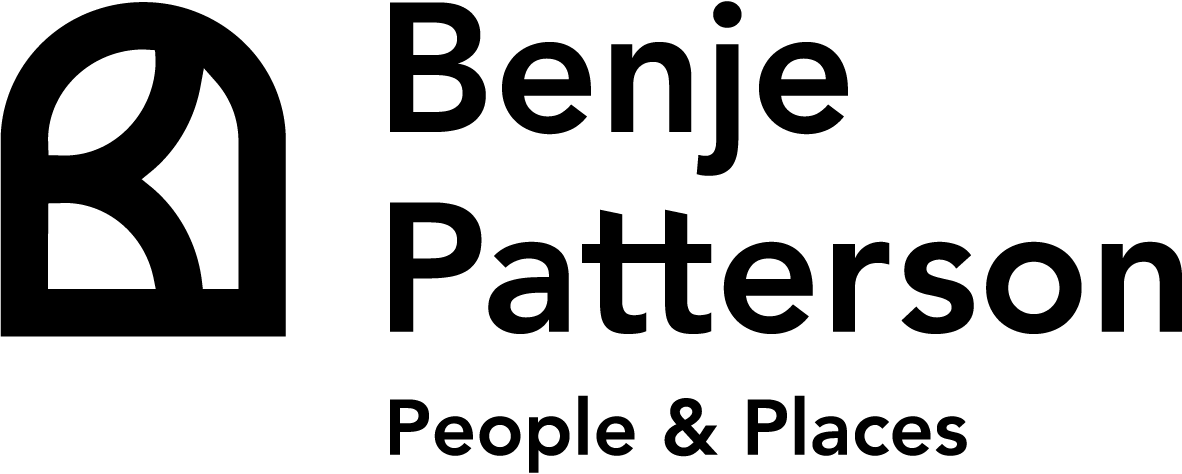Houses in New Zealand have gotten expensive, even in off-the-beaten-track communities in the central South and North Islands. With the ski season in full swing, some opportunistic real estate commentators have been quick to attribute these sharp gains to skiers’ demand. In a recent interview, I poured cold water on this logic, and cautioned wannabe investors expecting to make a quick buck from buying a bach in Timbuktu.
Data from Homes.co.nz shows property prices in central North island towns near Mt Ruapehu growing strongly recently. Prices in Horopito are up 26.9% over the past year, Turangi is up 21.5% and Waiouru is up 17.8%.
In the South Island, exceptional growth has been seen in Ohau (up 48.3%) and Castle Hill (19.4%). Both these communities provide easy access to South Island skifields.
The crux of my argument to be wary of reading too much into the skier demand rationale was that these trends are bigger than just the ski season for most of these small communities. The ski season in New Zealand is short, so indulging oneself by purchasing a bach for just a couple of months of skiing is going to be tough to get value from.
The reason many of these places are going up so rapidly is that they are so much cheaper than more traditional hotspots for having holiday homes. For many keen skiers, Wanaka, Arrowtown, Queenstown and Cromwell in the south are out of reach, so alternatives like Ohau, or even Castle Hill, to access the Canterbury fields come into play. Similarly in the North Island, Horopito and Turangi could become bases in lieu of Taupo.
The property markets in these small communities are also tiny, so it only takes a handful of people actively looking for property to shift median prices in the market.
When people choose to buy a holiday home, leisure considerations come in to play. Keen skiers will certainly look to get a place close to the slopes, but it is likely considerations for leisure in other seasons are also relevant. Most ski destinations have other options for active summer pursuits nearby such as mountain biking, tramping, fishing and boating.
As an investment, buying holiday homes in smaller, off-the-beaten-track locations is also riskier. These types of locations are likely to be more illiquid during ebbs in property cycles, with anyone needing to sell quickly during an inevitable future lull having to take a large haircut to shift such a property. Pretty silly investment logic if you ask me.
Holiday homes purchases in these areas should generally be based on intangible factors like wanting a positive environment for family and leisure time, with investment appeal a secondary factor.
The full article can be found here.
